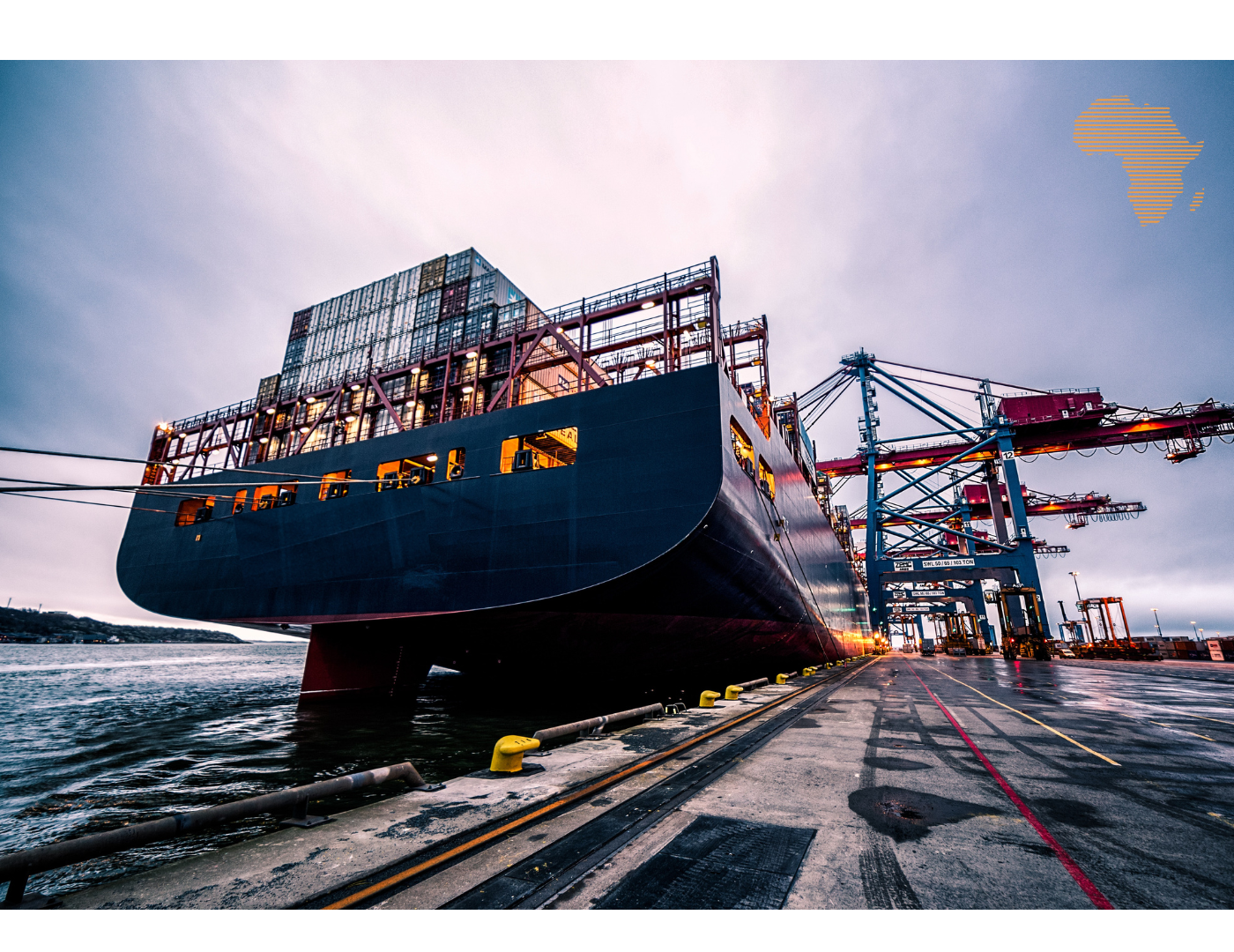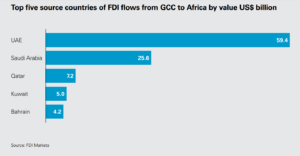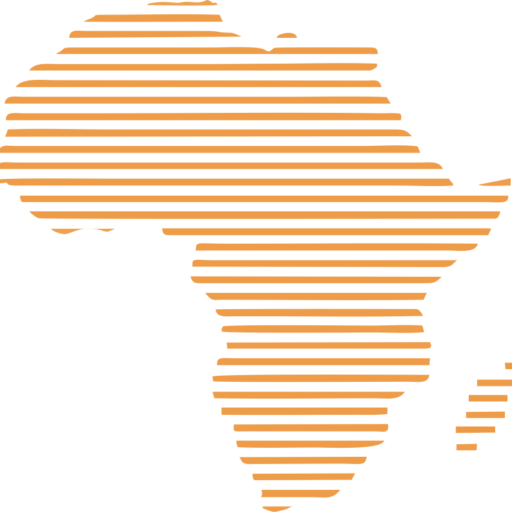
Africa is a continent with immense potential for economic growth and development. Over the years, Africa has traded with various countries worldwide, including Europe, China, and the United States. However, diversifying trade relationships is essential for Africa to achieve long-term economic success and stability. As Africa continues to develop, it has expanded its trade relationships beyond traditional partners.
To effectively tap into trade opportunities in Africa, it’s important for investors to steer clear of painting the continent with a broad stroke. With 54 countries, Africa is a geographically and culturally diverse region. To fully capitalize on the potential for trade, it’s critical to comprehend the nuances of trading across various African countries and regions.
In this article, we will explore Africa’s major trading partners, the importance of diversifying trade relationships, and opportunities for increasing trade with the GCC region with a focus on UAE with highlights of successful trade partnerships between Africa and the UAE.
We will also examine the challenges that African countries face in expanding their trade relationships and how they can overcome these challenges to achieve greater economic growth and development.
Overview of Major Trading Partners for Africa
Europe, China, and the United States are Africa’s major trading partners. Europe has a long-standing relationship with Africa, and many African countries have historical ties to European nations.
According to Statista, As of October 2021, the European Union (EU) is one of the main trade partner of Africa. Around 23% of the total trade from and to the continent involved European countries in. Moreover, 22% of the trade involved China, while 6% was from and to India.
Europe accounts for around 35% of Africa’s total exports. China has emerged as a significant player in African trade, accounting for around 20% of the continent’s total exports. The United States has had a limited role in African trade historically, accounting for around 6% of the continent’s total exports.
Even as trade with other emerging economies has increased, the United States, European Union, and China remain important trade partners, accounting for almost 50% of all exports from sub-Saharan Africa.
The emerging markets of Africa have caught the attention of the United Arab Emirates. The UAE has been quick to recognise the immense opportunities available in African markets and is actively pursuing ways to establish a stronger presence in this continent. With a focus on newer and untapped markets, the UAE is working diligently to expand its reach in Africa and tap into its economic potential.
The UAE seeks to play a larger role in developing several key sectors in African countries such as tourism, infrastructure, oil, gas, mining, energy, transport, logistics, ports, IT and mobile phones. In addition to UAE’s traditional trading partners in Africa like Kenya, Tanzania, Angola, South Africa and Nigeria, new trading partnerships are emerging across different sectors and countries in Africa.
For example, DP World has some 30 investment projects spread across Africa – which includes marine terminals in Djibouti, Algeria, Dakar (Senegal) and Maputo (Mozambique); wildlife reserves in Rwanda and South Africa – as well as a hotel project in the Comoros Islands.
Importance of Diversifying Trading Partners for Africa
Diversifying trading partners is essential for Africa to reduce its reliance on traditional partners and explore new opportunities for growth. By diversifying its trade relationships, Africa can reduce its vulnerability to external economic shocks and increase its resilience to market changes. Benefits include;
- Access to new markets: Diversifying trade relationships can provide African countries with access to new markets. By exploring new markets, African countries can expand their reach and tap into new opportunities for growth. This can help to create new trade partnerships, increase exports, and create more jobs, which can help to stimulate economic growth. New these trade ties can also be negotiated on terms much more favourable than has been the case historically.
- Access to new Technologies, and investment opportunities: Diversifying trade relationships can also improve access to new technologies and investment opportunities. New trade partners often bring with them new technologies and investment opportunities, which can help African countries to modernize their economies and make them more competitive in the global marketplace. This can help to spur innovation, increase productivity, and drive economic growth. Africa is already attracting a lot of investment in the tech ecosystem with countries like Nigeria, Kenya and South Africa emerging as tech hubs on the continent. These trends can be leveraged to establish new trading relationships.
- Increase Competition: Diversifying trade relationships can also increase competition, which can help African countries to become more competitive. Increased competition can drive down prices, improve the quality of products and services, and lead to innovation. This can help African countries to become more competitive in the global marketplace, which can lead to increased trade, investment, and economic growth.
Opportunities for Increasing Trade Between Africa and the GCC
Africa and the GCC countries have long trade ties. In recent decades, these trade ties have strengthened with countries like the UAE leading the way.
According to a Standard Chartered report, UAE-to-Africa trade with sub-Saharan African countries was estimated at about $22bn in 2018, making the UAE Africa’s fifth-largest trading partner behind Europe ($155bn), China ($120bn), India ($60bn) and the US ($38bn).
The United Arab Emirates (UAE) is a significant trading partner for Africa, with bilateral trade between the two regions growing rapidly in recent years. Even with the gains in recent years, there are significant opportunities for African countries to increase their trade with the UAE, particularly in the areas of agriculture, renewable energy, and tourism.
The impact of Expo 2020
Expo 2020 Dubai has played a pivotal role in boosting the Gulf’s trade relations with African countries, highlighting the region as a credible and capable trade partner. The event provided a unique platform for the Gulf countries to showcase their potential and capabilities in trade and investment to African nations, helping to strengthen existing trade partnerships and create new ones.
Exhibitions, forums, and other business-related events at the Expo allowed the Gulf countries to showcase their products, services, and investment opportunities to a diverse range of African nations. This exposure has increased interest from African investors and businesses in the Gulf, leading to a surge in foreign investment in the region. For example, in 2021, the UAE and Egypt signed a trade deal worth $20 billion, strengthening their trade ties and promoting cross-border investment.
The Expo has also facilitated deeper engagement between the Gulf and African countries on various trade and investment issues. According to the Dubai Chamber of Commerce and Industry, the UAE’s non-oil trade with African countries is set to reach $200 billion in 2023, highlighting the increasing importance of this partnership.
Highlights of Successful Trade Partnerships Between Africa and the UAE
The UAE has been successful in building strong trade relationships with African countries. Some of the major trade partnerships announced in recent times include;
- DP World operates seaports in Angola, Djibouti, Egypt, Morocco, Mozambique, Senegal and Somaliland. DP World and Britain’s development finance agency CDC Group have announced intent to jointly invest up to US$1.72 billion in logistics infrastructure in Africa, including port modernization.
- AD Ports Group, the operator of industrial cities and free zones, signed a 30-year concession agreement with Egypt’s Red Sea Ports Authority to develop and operate a multi-purpose terminal at Safaga Port to boost its operations in Egypt.
- Dubai-based Yellow Door Energy is the largest distributed solar developer for commercial and industrial businesses in southern Africa.
- Mubadala, Abu Dhabi’s sovereign wealth fund, has also emerged as a strategic investor in Africa. In June 2021, the fund signed a memorandum of understanding with French national investment bank Bpifrance to invest up to $415 million primarily in African companies. Mubadala also has a stake in a power generation company in Algeria and a pipeline in Egypt.

Challenges ahead
Trading with Africa presents numerous opportunities, but it also poses several challenges. These include issues related to
- Infrastructure
- Political instability,
- Corruption and bureaucracy
- limited access to finance
- Lack of skilled labor and trade barriers
In addition, there are other challenges specific to the Environmental, Social, and Governance (ESG) frameworks and the recently signed Africa Free Trade Agreement (AfCFTA).
The AfCFTA aims to create a single market for goods and services across Africa, which is expected to increase trade volumes and promote economic growth. However, the agreement faces several challenges, including the need to harmonize trade regulations across different countries, address non-tariff barriers to trade, and establish mechanisms for resolving disputes.
In terms of ESG, investors are increasingly focusing on environmental and social risks when making investment decisions. However, some African countries have weaker regulatory frameworks and may have limited capacity to address ESG concerns. This creates challenges for investors who want to ensure that their investments align with ESG principles.
Conclusion
Diversifying trade relationships is crucial for Africa’s economic growth and development. While traditional partners like Europe, China, and the United States remain important, the UAE presents significant opportunities for African countries to expand their trade relationships.
The GCC, led by countries like the UAE, has already established successful trade partnerships with several African countries, and there is significant potential for further growth and development in the future. By embracing new opportunities and building strong trade relationships with partners around the world, Africa can achieve long-term economic success and stability.
